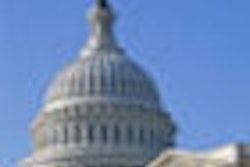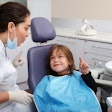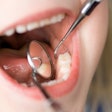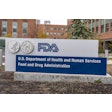In testimony September 23 before the U.S. House Committee on Oversight and Government Reform Subcommittee on Domestic Policy, ADA Vice President Jane Grover, D.D.S., urged Congress to pass H.R. 2472, the Essential Oral Health Care Act of 2007, to help states improve their Medicaid programs and dental coverage for low-income children, according to an ADA press release.
The bill is important, she said, because it would provide enhanced federal matching funds if a state is willing to increase Medicaid reimbursement rates, address administrative barriers, and reach out to the dental community. It would also create a tax credit for donating qualified dental services to qualified low-income individuals.
In her testimony, Dr. Grover noted that the most effective thing Congress and the states can do to help Medicaid provide quality oral healthcare is to increase reimbursement rates to attract more dentists into the program. They should also address ongoing administrative barriers such as excessive paperwork and involve state dental societies and individual dentists as active partners in improving the program.
Dr. Grover, who is the dental director at a federally qualified health center in Michigan, cited Michigan's Healthy Kids Dental program for its effectiveness in improving access to oral healthcare. She noted that the Healthy Kids plan -- with its improved reimbursement rates -- has been a resounding success, with dentist participation shooting up from 25% to 80% within one year of the program's introduction in 2001. Participation now stands at 90%.
"The Healthy Kids Dental program is essentially the same as the private sector Delta Dental plan used by many individuals with coverage provided by their employer in the state of Michigan," Dr. Grover said. "The dentists are paid at a PPO rate, which might be less than the usual rate charged by the dentist but is still widely accepted. The claims processing is identical to the private sector plan, except the beneficiaries have no co-pays and there is no annual maximum."
H.R. 2472 was first introduced to Congress in May 2007 and has been before the House Committee on Ways and Means ever since.



















